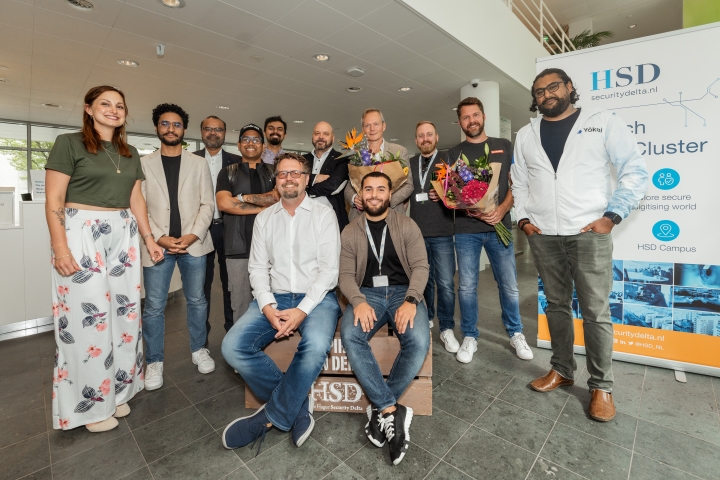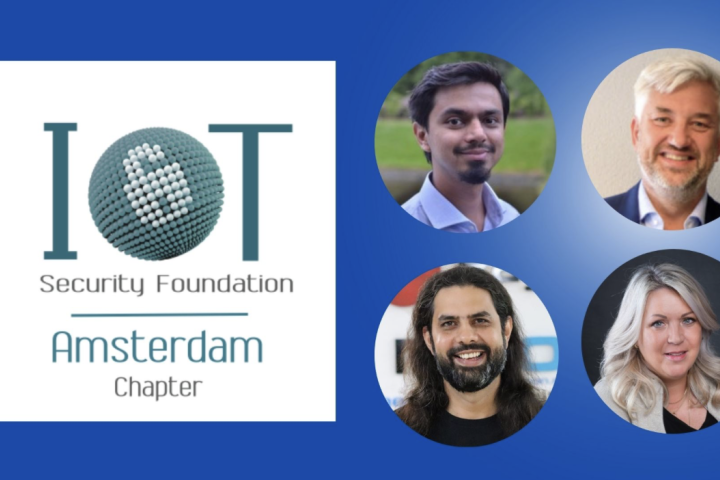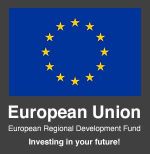IFFC helps collaboratively make the fintech sector more secure

At the beginning of this millennium, the Dutch financial sector was among the frontrunners with digitising their business operations, paving the way for online banking around the globe. This digitisation enabled far-reaching automation, making banking services much more efficient. But it also removed human eyes from the increasingly complex cash flows. As international banking systems were linked together, banks lost sight on the origins and destinations of the money going through their accounts. Nonetheless, banks, as well as notaries, accountants and lawyers are held responsible for their role as gate keepers in monitoring and identifying financial crime. They, in turn are struggling to keep up with these new demands and the speed of innovation going on in the financial crime industry. This is just one of various financial cybercrime-related issues facing the world today, where financial constructs, cryptocurrencies and cybercriminals are reinvented at the speed of light. It is against this background, that HSD Campus member IFFC connects stakeholders such as the Dutch government and tax administration, financial institutions, accountancies, insurance companies, and research institutes to collectively address bottlenecks in countering and fighting financial economic crime.
The Institute for Financial Crime, or IFFC in short, is a foundation that facilitates knowledge sharing and collaboration between private and public organisations working in the FEC domain. It is the only network organisation in the Netherlands whichfocuses specifically on bringing these parties together around this topic and the largest part of its funding originates from organisations in the private sector. The IFFC network provides its participants with a neutral ground for discussing issues across organisational borders.
Rather than members, affiliated organisations and individuals are called participants and are expected to actively contribute to the collective agenda. “IFFC is not open for anybody without commitment. Before a new participant is admitted, we assess what their stake is and what they can contribute in terms of knowledge, network or experience. Of course most people who sign up do possess relevant qualities. But there have been occasions where we had to decline a sign-up request in order to maintain the quality and credibility of our network. explains Martin Manen, Director and board member of IFFC. This selectiveness has led IFFC to become an effective and reputable network organisation, that enables its participants to share insights and important knowledge, address and solve issues and improve processes and procedures that are relevant to their day to day jobs. Tina Colls-Vagnholm, director of operations, adds: “Apart from the organisations that are among our participants, many professionals sign up on an individual basis to get access to the discussions and share their ideas with people who can relate and actually implement them. The good ones, that is,” she jokes. In some cases, individuals may join in on projects as a first step towards making a serious commitment by their organisation at a later stage.
Together with their participants, IFFC identifies themes, organises workgroups and assigns coordination in so-called ‘chambers’. Examples of chambers are ‘Compliance', ‘Asset tracing and recovery’ and ‘Insurance Fraud’. Each chamber differs in the composition of its members, according to their relevance to the topic. For example, in the chamber Insurance Fraud’, focuses on investigating interventions to prevent fraud in insurance claims. The chamber ‘Asset Tracing and Recovery’ consists of representatives from law firms, prosecution, financial institutions, FIOD and compliance officers. Their objective is to explore how information sharing can be improved between organisations, without violating GDPR regulations.
IFFC has a facilitating role, but also helps trigger new collaborations and publications. “A recent initiative is to work together towards a 'national agreement on financial security'. Aim is to formulate objectives and to make proposals for possibilities to combat financial crime together, publicly and privately, in an effective and efficient way. The IFFC wants to draw up such an agreement with a number of bridge builders and offer it to politicians and policy makers, beginning of next year” elaborates Martin.
Is your knowledge and experience relevant to the IFFC network and would you like to join in on their discussions and projects? You can sign up for a membership online or have a chat with Martin or Tina first! Meet Martin and Tina at the HSD Campus events or knock on their door at the IFFC office on the 6th floor of the HSD Campus!



